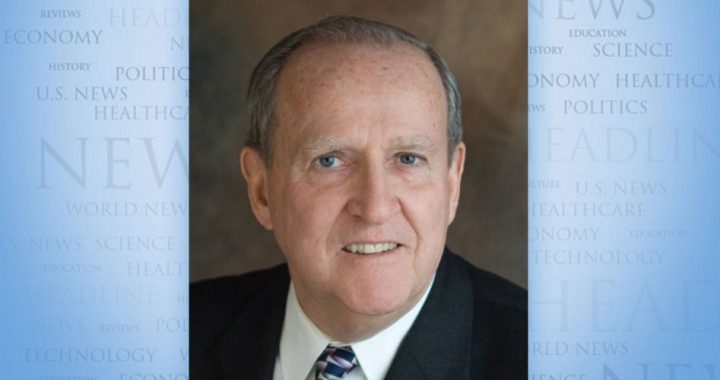
Press coverage of President Obama’s decision to normalize relations with Cuba avoided any mention of the fact that Fidel Castro and his companions were helped to take control of the island nation by the U.S. government and elements of the American mass media. Had not pro-communist personnel in Washington and elsewhere assisted in the takeover, Cuba would not have become a bastion of communism only 90 miles from portions of Florida. And while many thousands of Cubans succeeded in fleeing their native land for Southern Florida, untold numbers didn’t make it in waves of rickety boats and rafts.
Castro didn’t just become a communist after he took control of the island nation. As far back as April 1948, Fidel participated in a communist-led uprising in Bogota, Colombia, that left thousands dead or wounded and a huge portion of the city in ashes. Arrested for murder, Fidel boasted, “I did a good day’s work today; I killed a priest.” Incarcerated for a time, he won release and then led a band of his followers into Cuba in July 1956 where he was arrested, tried, and sentenced to 15 years in prison. Given amnesty by the government of Fulgencio Batista, he went to Mexico where he studied guerilla warfare under communist Alberto Bayo. Back into Cuba in early 1958, the bearded revolutionary seized control of the nation on January 1, 1959.
Plenty of competent people knew of Castro’s history and were ignored. Arthur Gardner served as U.S. ambassador to Cuba in 1957. He came upon information about Castro’s background, reported what he’d learned, and was forced to resign on June 16, 1957. His replacement, Earl E.T. Smith, likewise made the same discovery but State Department officials ignored his warnings and he resigned in June 1959. Veteran Latin America diplomat Spruille Braden, a former ambassador to Cuba, released a statement in the summer of 1958 in which he called Fidel “a pawn in the Kremlin’s international intrigue.” He termed Cuban leader Batista “America’s best friend in Cuba.”
In the September 1958 issue of American Opinion magazine, publisher and soon-to-be founder of The John Birch Society Robert Welch wrote that “the evidence from Castro’s whole past, that he is a Communist agent carrying out Communist orders and plans, is overwhelming.” On November 4, 1958, the Communist Party of Cuba stated its allegiance to Castro and an English translation of that declaration appeared in the next issue of Political Affairs, the official publication of the U.S. Communist Party. And in the February 1959 issue of American Opinion, J.B. Matthews filled several pages with evidence that Castro was a Red.
All of this amounted to nothing at the State Department. On March 14, 1958, State Department officials imposed an embargo on arms shipments to the legitimate Cuban government. Batista fled the island nation and the communist forces led by Castro took control, as noted previously, on January 1, 1959. Had Castro not received diplomatic aid and hugely favorable press coverage in the United States, he would never have succeeded. He came to America where he was feted as a glorious revolutionary, praised on popular television programming, and promised substantial aid. Less than two years later, he admitted that he’d been a communist all his adult life. Some U.S. officials and Castro lovers in the mass media said, “Don’t believe him!” But Fidel and his comrades started a reign of terror in Cuba that has claimed an untold number of victims.
In April 1961, 1,400 brave anti-Castro Cubans conducted an amphibious assault at the Bay of Pigs in hopes of ousting the communist regime that had seized their homeland. They were betrayed when promised U.S. air support for their venture never arrived. In October 1962, the American people were frightened during what was termed the Cuban Missile Crisis. Though no Cuban missiles (whatever they had was supplied by the USSR) were ever fired at the United States, the episode strengthened the hand of the Castro government, then considered a formidable foe backed in numerous ways by the Soviet Union.
The recent change in the official U.S. attitude toward Cuba amounts to a huge victory for the Castro government now led by Fidel’s brother Raul. Accompanied by a prisoner swap in which the Cubans were given five while only one American was released and sent home, the diplomatic maneuvering has amounted to another victory for the Castro regime. And both the U.S. government and the mass media have never mentioned the above summary you have just read.
John F. McManus is president of The John Birch Society and publisher of The New American. This column appeared originally at the insideJBS blog and is reprinted here with permission.



